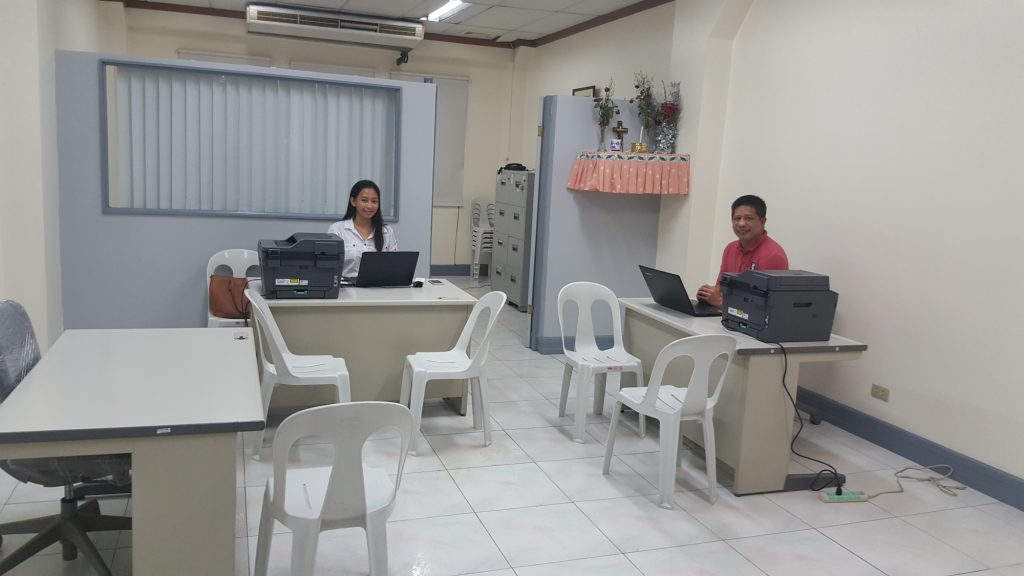Fact: work overseas is not a lifetime career. At some point in your life, you have to go back to the Philippines and settle here. This is why you should make the most (and save the most!) out of your stay because you will never know when it’s time to go back.
Let’s say your contract expired and you’re finally back home. What is your next step? Should you apply for work overseas again or settle in the Philippines? Will you finally open your dream business you and your family have been planning for years? What about the money?
For all returning OFWs, this one is for you: money tips to remember to make sure you’ll have enough until you get another job:
Tip No. 1: Know how much you have.
In fact, this is the first thing you need to do when you get home. Make a list of all your assets you acquired over the years. This includes savings (both in and out of the bank), investments (stocks, mutual funds, treasury bills, etc), and other assets like car or property. Place the corresponding amount so you know how much you have.
Ideally, you should have at least six months-worth of income to help you get by while you are still looking for another overseas stint. You can check out this post about crazy but effective ideas to save more money.
Tip No. 2: Make a list of how much you owe.
Consequently, list every financial obligation that you have, regardless of how big or small the amount it. This should include existing personal, auto, home, business, and even online cash loans. Don’t forget to include the outstanding balance, interest rate or amount paid every month, and due date for each loans. This will give you a clearer picture of how much you owe as opposed to how much you have.
Tip No. 3: Develop a financial plan.
Now that you know how much your assets and liabilities are, it will be easier for you to devise a plan on how to handle your finances. At this point, establish a way on how to pay off your existing financial obligations and making sure that you won’t accumulate more.
You should be able to look into your budget as well since you are no longer earning in dollars. Adjust your family’s weekly and monthly budget to accommodate expenses without exhausting every centavo in your bank account, which leads you to this next tip.
Tip No. 4: Look for ways to earn something extra.
Getting another job abroad is not easy even if you already have experience. Unless you are specifically requested by your previous employer, you have to wait for an opportunity and rely heavily on luck as well to get a job overseas.
In the meantime, look for other ways to earn extra money. This could help sustain your everyday expenses without hurting your bank account.
Tip No. 5: Avoid parties and treating friends.
Many returning OFWs are victims of “Libre naman dyan” culture. You were away for years and the fact that you earned in dollars make you look “bigtime” in the eyes of other people. It wouldn’t hurt if you say yes to an invitation and become the designated financier in the group.
Well, it would if this happens more than once.
As much as you miss your relatives and friends, treating them could hurt your pocket. Keep in mind that you don’t have a job – yet – so save as much as you can. Don’t give in to temptations easily.
Tip No. 6: Don’t jump into business immediately.
Admit it. You wanted to open up your own business so you don’t have to go back overseas. Apparently, it’s not as easy as it seems. Some businesses, no matter how promising it would be, fail for variety of reasons. If you are not ready to risk the money you worked hard for, then don’t start your own venture – for now.
Examine the market first and see if there is an impending need for your product or service. You should be able to prepare yourself not just financially but also mentally and physically as you enter into this new venture. Once you are ready, keep in mind that Balikbayad is here to help. Send your loan application now for pre-approval and we will get back to you as soon as we can.
 Of course, OFWs are not just limited to those who came from Metro Manila. There are many of you who came from provinces and Balikbayad recognized that. In fact, Balikbayad saw an increasing demand from Visayas region, which is why they decided to open a branch, particularly in Cebu. This way, they can easily and more effectively offer its services to our modern day heroes in Visayas region.
Of course, OFWs are not just limited to those who came from Metro Manila. There are many of you who came from provinces and Balikbayad recognized that. In fact, Balikbayad saw an increasing demand from Visayas region, which is why they decided to open a branch, particularly in Cebu. This way, they can easily and more effectively offer its services to our modern day heroes in Visayas region.
 “Walang forever,” so they say. In fact, this saying applies in OFW life. Your work abroad is only as good as the duration of the contract, with risk of being cut short due to unforeseen events. Once it ends, you have no choice but to go back and look for another job because you have mouths to feed and bills are piling, waiting for payment.
“Walang forever,” so they say. In fact, this saying applies in OFW life. Your work abroad is only as good as the duration of the contract, with risk of being cut short due to unforeseen events. Once it ends, you have no choice but to go back and look for another job because you have mouths to feed and bills are piling, waiting for payment.